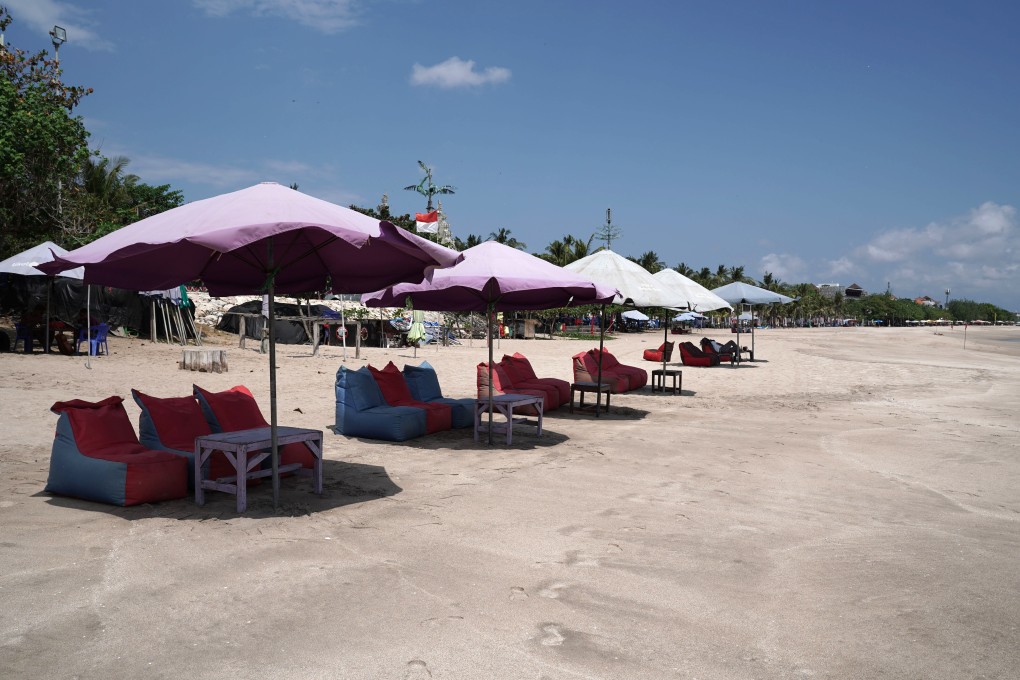As Chinese tourists steer clear of Indonesia, resort islands in Bali and beyond feel the pinch
- Local businesses in destinations such as Manado and Lombok are also suffering after a sharp drop in international tourist arrivals
- Southeast Asia’s biggest economy has cut its 2020 foreign tourist arrivals target to between 2.8 million and 4 million, down from 18 million in 2019

“Our cafe focuses on Chinese tourists so tourists from other countries barely came here, though some local tourists from Manado also visited,” said Chris Pattiselano, the restaurant’s manager. “Foreigners usually wanted to try many things on our menu, while locals only ordered one item.”
Some 115,000 Chinese holidaymakers visited Manado in 2019, an increase of 8 per cent from the previous year, thanks to direct flights from China to the city, which is home to the reef-rich Bunaken National Marine Park and scuba-diving hotspot Bunaken Island. They boosted the revenue of hospitality businesses such as Pirates Cafe, but without the tourists the sector is now suffering and faces uncertainty.

Pattiselano’s dimming hopes resonate with many stakeholders in Indonesia’s US$19.8 billion tourism industry. Foreign tourist arrivals in October last year came to just 158,000, an 88.25 per cent decline from October 2019, according to government statistics. Southeast Asia’s biggest economy has cut its 2020 foreign tourist arrivals target to between 2.8 million and 4 million, from 18 million in 2019.